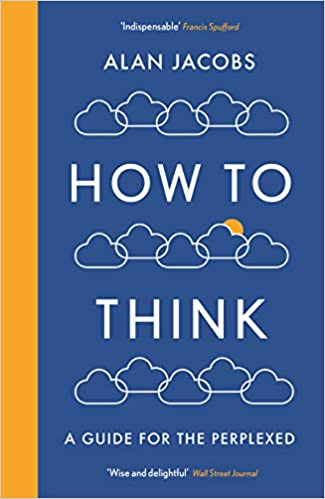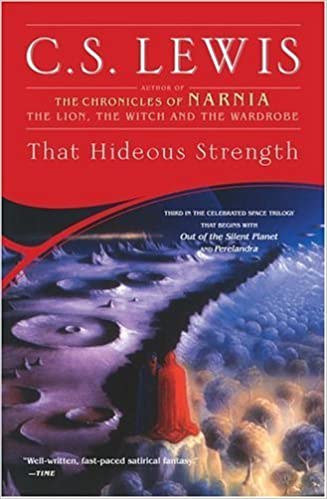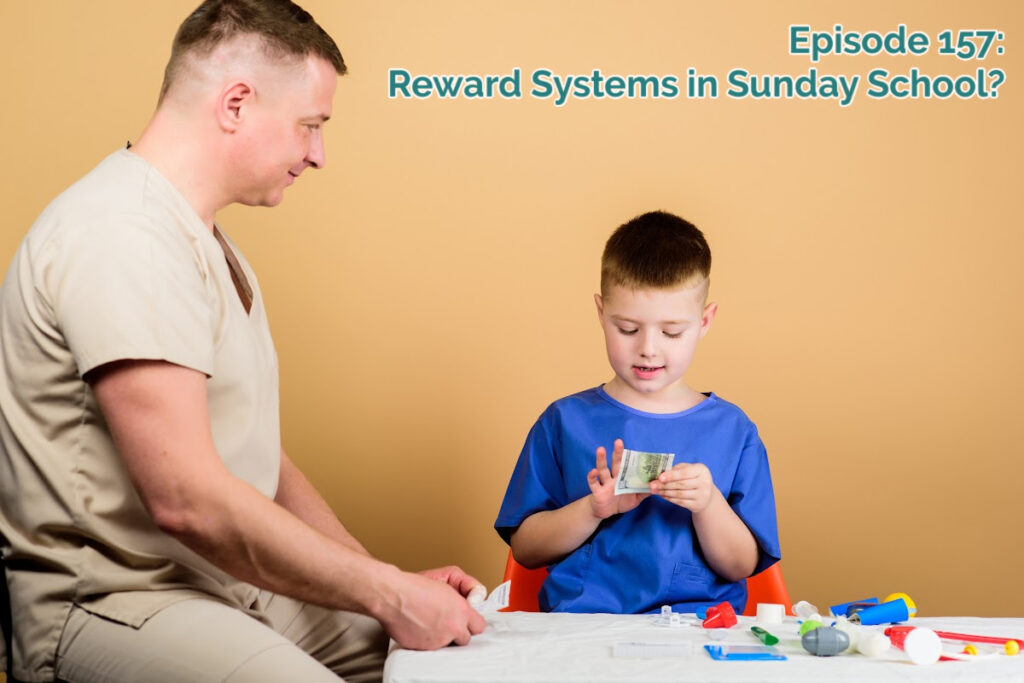SS #87: How to Contemplate (The Thinking Mom’s Checklist)
In the heated cultural climate of today, a true conversation with real thinking behind arguments can be hard to find. Alan Jacob’s book How to Think explains why that is so and how to overcome the modern (or postmodern) hindrances to thought and contemplation.
Jacobs doesn’t, in the end, tell us “how to think.” But he does astutely identify some of the roadblocks to doing so and we would do well to take heed.
Listen to the podcast:
TUNE IN:
Apple Podcasts | Spotify | Stitcher
The Thinking Mom’s Checklist
Today’s Hosts and Source

Brandy Vencel
Having homeschooled her children for over 14 years, Brandy still needs to be brave and charitable when she encounters books that don’t meet her expectations.

Abby Wahl
In her twelfth year of homeschooling, Abby keeps the Scholé conversations charitable.

Mystie Winckler
Homeschooling now for thirteen years, Mystie can readily and, in Brandy’s words, immaturely, “in-other-words” your argument to make it sound ridiculous. It’s a skill.
Although possibly mistitled, Jacob’s book nonetheless pokes holes in our assumptions about our ability to contemplate and arrive at understanding.
“Relatively few people want to think. Thinking troubles us; thinking tires us. Thinking can force us out of familiar, comforting habits; thinking can complicate our lives; thinking can set us at odds, or at least complicate our relationships, with those we admire or love or follow.”
Alan Jacobs, How to Think, p. 17
You can find the “Thinking person’s checklist” from the back of the book on The Gospel Coalition site.
Scholé Every Day: What We’re Reading
Persuasion, Jane Austen
Abby is rereading one of her favorites.
Hotel at the Corner of Bitter and Sweet, Jamie Ford
Mystie is reading a bubble-bath novel.
The Didascalicon: A Guide to the Arts, Hugh of St. Victor
Brandy is making charts on garbage again.
Moms need to think well.
More about the roadblocks to clear thinking than a guide to how to think, Jacob’s book nonetheless gives us the prerequisites to being reasonable.
If you believe you are a thinking person, Jacob’s book might point out ways that you are precluding meaningful dialogue and thoughtfulness. There are dangers and trouble spots we need to be aware of as we confront ideas in the world today.
A possible alternate title might be You’re Not the Thinker You Think You Are.
Jacob’s checklist in the back is a good set of litmus tests to run through as you confront uncomfortable ideas to ensure you’re setting yourself up to think clearly through them.
Thinking is an art, not a formula, but checklists are used by humble people who realize they forget things they need to keep in mind. Thinking is an art that requires beginning with humility.
Tip #1: Thinking moms take time before responding.
When you feel provoked, give it five minutes before you respond. Wisdom takes time. Don’t give in to your knee-jerk response.
This principle is good for parenting as well.
Tip #2: Contemplation is about truth, not victory.
Do we care how another person has come to their position? Even if we disagree with their conclusions, are we willing to listen to their reasoning out of curiosity, love, and respect and for our own better understanding?
The point of a discussion does not need to be agreement; we can discuss and reason together so that both come to a better understanding of the issues at play. Arguing to prove you’re right and they are wrong doesn’t promote clarity or understanding.
Tip #3: Thinking moms can’t be trolled.
You might not be able to avoid people who love to fan the flames of arguments, but you should be able to control your response to them. If you go up in flames when someone questions you, however, it might be your problem and not theirs.
If you’re spending time on social media getting riled up, do cut that out.
If you have people who troll for fun in your life, be impervious.
Tip #4: Your response is not always required.
If you feel like you have to respond publicly to any particular event or drama, you’re virtue-signaling, not thinking or contributing to the conversation. Virtue-signal responses stop thinking and real dialogue.
Virtue-signaling is not limited to one side. If you have to make it known which group you belong to when a news event hits, you’re not responding thoughtfully.
Maybe the best option is just to cancel your social media accounts.
Tip #5: Inner Rings are not communities.
If you do have to respond to what everyone else is responding to in order to signal your virtue and right-mindedness, or else lose your status in your community, then you should realize that it’s not a community but rather an Inner Ring
How to Think, p. 155
An “Inner Ring” is a term coined by C.S. Lewis in an essay you can find here. It is the antithesis of a true community because belonging is dependent upon conformity to the in-group cool kids, who wield control of organizations outside the formal structure.
The opposite of kowtowing to an inner ring is maintaining your own integrity. The only way to keep your integrity is to care more about what God says than what man thinks. Inner Rings run on the fear of man.
Tip #6: Thinking moms handle disagreements with equanimity.
How do the groups you are a part of handle disagreements? Unity is not uniformity.
Tip #7: Contemplative moms listen to arguments they disagree with.
Narration helps with the skill of articulating someone else’s reasoning. We need to be able to justly, fairly represent and understand what someone is actually saying. Listen with charity.
Even if we’re right, we have flaws in our thinking that can only be brought to light by someone pushing back, questioning, and disagreeing.
Tip #8: Personal taste should not interfere with thinking.
Thinking and charity takes long-suffering.
Tip #9: Thinking moms attend to ideas, not accidents.
Don’t let pet peeves or incidentals put you off from engaging with persons whom you ought to have meaningful conversation with.
Tip #10: Contemplative moms don’t take shortcuts to conclusions.
The terms we use sometimes are shorthand for interpretations that preclude thinking and reasoning because they assume too much. To think through an issue, beware of metaphors and analogies and slogans that let your reasoning off the hook.
The meaning of mask wearing comes to mind as an example. Calling a mask a muzzle is rhetoric without dialectic.
Tip #11: Thinking moms represent all positions charitably and honestly.
Try to describe others’ positions in the language that they use, without indulging in in-other-wordsing.
How to Think, p. 156
This comment is not about honest paraphrasing, but rather “boiling down” what people say with your own spin. The people you disagree with should still concur with the way you summarize what they say.
We are all tempted to set up straw men and refute the straw man, but that is preventing true reasoning.
Tip #12: It takes bravery to contemplate.
Fear ought not drive our responses. Truth will out. Truth is not fragile. Fear God, not man. Prefer discovering truth even if you’re wrong, to proving you were right.
Know this, my beloved brothers: let every person be quick to hear, slow to speak, slow to anger; for the anger of man does not produce the righteousness of God.
James 1:19-20
The one who states his case first seems right, until the other comes and examines him.
Proverbs 18:17
Mentioned in the Episode
Listen to related episodes:
SS#166: Artificial Intelligence
SS#157 – Reward Systems in Sunday School
SS#155 – Improving Conversation
SS#143: If you build it, moms will come

Want to talk about the ideas presented here? The conversation is happening inside Sistership.












